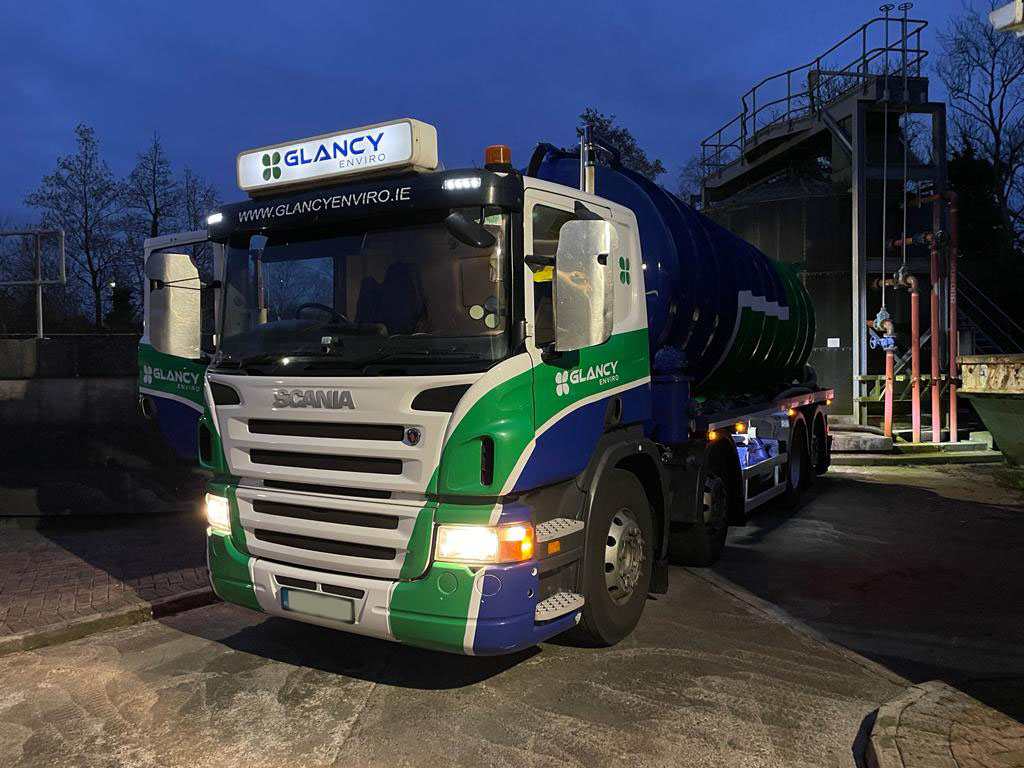Not known Facts About Reclaim Waste
Not known Facts About Reclaim Waste
Blog Article
Rumored Buzz on Reclaim Waste
Table of ContentsReclaim Waste Fundamentals ExplainedSome Known Details About Reclaim Waste The Only Guide to Reclaim WasteThe Definitive Guide for Reclaim WasteReclaim Waste - Questions
Residential sewer waste refers to the waste and items from a property septic tank. The appropriate administration and disposal of domestic sewage waste require fluid waste to be moved to a sewer therapy plant where the appropriate methods and tools are applied to cleanse and dispose of waste.
Business waste commonly includes possible dangers, such as flammable products or a mix of liquid and strong waste products, and requires a more innovative and thorough disposal procedure. The disposal of commercial waste normally involves the filtration of waste prior to transportation to ensure risk-free and proper disposal. Hazardous waste is created from byproducts and overflow of industrial processes and production.
This type of waste can not utilize the same sewer administration transportation or procedures as septic or industrial fluids. The commercial waste monitoring procedure requires the evaluation and screening of fluid waste prior to it undergoes the disposal process (liquid waste removal melbourne). Runoff waste is the fluid waste that originates from overflow and excess stormwater in highly booming locations or cities
Runoff waste can trigger contamination and flooding if not managed correctly. Making certain proper waste management can avoid catastrophes and decrease ecological harm.
What Does Reclaim Waste Mean?
Call PROS Providers today to learn more about our waste administration and disposal services and the correct means to take care of the fluid waste you produce.
(https://filesharingtalk.com/members/604691-reclaimwaste1)Do you know what happens to your water when you end, flush the bathroom or drain pipes the cleaning machine? No? Well, it's worth recognizing. This so-called 'wastewater' is not just a crucial source but, after treatment, will certainly be launched to our land, rivers or the ocean. Used water from commodes, showers, bathrooms, kitchen sinks, laundries and industrial procedures is called wastewater.

water used to cool machinery or clean plant and tools). Stormwater, a type of wastewater, is runoff that flows from agricultural and metropolitan areas such as roofs, parks, yards, roads, courses and seamless gutters into stormwater drains, after rainfall. Stormwater flows neglected straight to local creeks or rivers, ultimately reaching the sea.
All About Reclaim Waste
In Queensland, most wastewater is treated at sewer therapy plants. Wastewater is transported from residential or industrial sites via a system of sewers and pump terminals, known as sewage reticulation, to a sewer therapy plant. City governments build, keep and operate most sewer therapy plants. Operators are licensed under the Environmental Management Act 1994 to release treated wastewater at an acceptable ecological criterion right into rivers.
The Division of Natural Resources recommends city governments about managing, operating and maintaining sewage systems and treatment plants. In unsewered areas, neighborhood federal governments may need homeowners to set up specific or family sewer therapy systems to deal with domestic wastewater from bathrooms, cooking areas, restrooms and washings. The Division of Natural Resources authorizes the usage of house systems when they are shown to be efficient.
Many stormwater receives no treatment. In some new neighborhoods, treatment of some stormwater to eliminate trash, sand and crushed rock has begun using gross contaminant catches. Wastewater treatment occurs in 4 stages: Removes strong matter. Bigger solids, such as plastics and various other things mistakenly released to sewage systems, are removed when wastewater is travelled through displays.
Wastewater after that flows into huge storage tanks where solids clear up and are gotten rid of as sludge. Oil and scum are skimmed from the surface. Utilizes small living microorganisms called micro-organisms to break down and remove staying dissolved wastes and great bits. Micro-organisms and wastes are integrated in the sludge. Eliminates nitrogen and phosphorus nutrients that could cause algal blooms in our rivers and threaten marine life.
Reclaim Waste - An Overview
Nutrient elimination is not offered at all sewer treatment plants since it needs expensive specialised tools. Clear liquid effluent generated after therapy might still consist of disease-causing micro-organisms - liquid waste removal melbourne.

This usually means wastewater has actually to be treated or pollutants gotten rid of before it can be released to rivers. Most wastewater moves into the sewerage system. Under the Act, neighborhood governments carry out approvals and licences for environmentally appropriate activities (Ages) entailing wastewater launches that may have a local influence. The department carries out authorizations and permits to ERAs involving wastewater launches that might have a regional or statewide effect.
The Facts About Reclaim Waste Revealed
Or else, samples are considered lab evaluation. Typically numerous tests are required to establish the levels of each of the various toxins such as oils, heavy metals and chemicals in water. Tracking supplies accurate details concerning water top quality and can verify that permit conditions are being satisfied. The details acquired through tracking offers the basis for making water top quality decisions.
Report this page